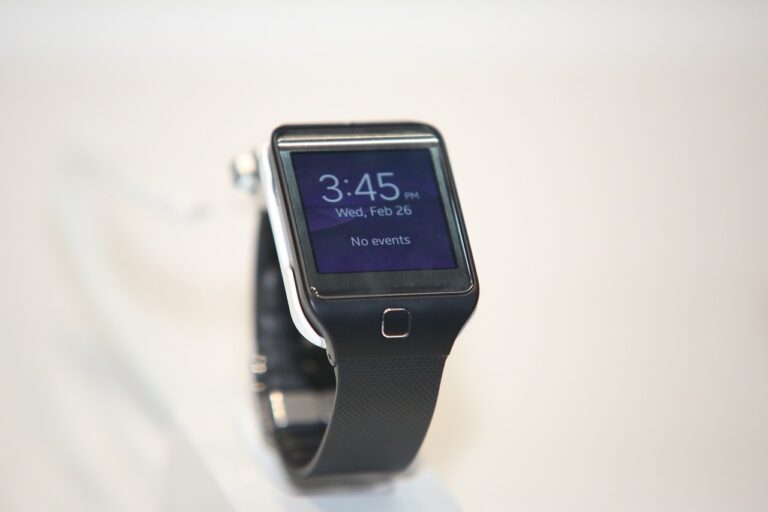Mindful Digital Boundaries: Setting Limits on Screen Time and Social Media Usage
Excessive screen time has become a common phenomenon in today’s digital age. As we spend more and more hours glued to our devices, it is crucial to recognize the negative impact this behavior can have on our physical and mental well-being. The constant exposure to screens can lead to eye strain, headaches, and disrupted sleep patterns. Additionally, excessive screen time is linked to a sedentary lifestyle, which can contribute to various health issues like obesity and cardiovascular problems.
Moreover, the excessive use of screens has been associated with mental health concerns. Spending too much time on devices can increase feelings of anxiety, stress, and depression. The constant influx of information and social media interactions can be overwhelming and detrimental to our emotional balance. It is important to acknowledge the potential repercussions of excessive screen time on our mental health and take proactive steps to mitigate these effects.
Understanding the Connection Between Screen Time and Mental Health
Spending excessive time on screens has become a common habit in today’s digital age. Whether it’s scrolling through social media feeds, binge-watching shows, or playing video games for extended periods, the impact of screen time on mental health is a topic of growing concern. Research suggests that prolonged screen time can lead to feelings of isolation, anxiety, and depression among individuals, especially in younger demographics. As technology continues to advance, understanding the connection between excessive screen time and mental well-being is crucial for promoting healthier digital habits.
Studies have shown that high screen time is linked to poor sleep quality, increased stress levels, and decreased overall life satisfaction. The constant exposure to screens can overstimulate the brain and disrupt natural sleep patterns, leading to fatigue and mood disturbances. Moreover, the seemingly endless stream of curated content on social media platforms can fuel feelings of comparison and inadequacy, contributing to a decline in mental health. Recognizing these correlations can empower individuals to make informed decisions about their screen time habits and prioritize activities that support their mental well-being.
Setting Healthy Boundaries for Social Media Usage
One way to establish healthy boundaries for social media usage is by setting specific time limits for yourself. By allocating designated periods for scrolling through social platforms, you can prevent mindless browsing that can lead to excessive screen time. This practice can help you regain control over your time spent on social media and promote a healthier balance between online and offline activities.
Another effective strategy is to create “no-phone zones” in certain areas of your home or during specific activities. Designating spaces where phones are not allowed, such as the dining table or bedroom, can help reduce the impact of constant digital distractions on your mental well-being. By consciously disconnecting from social media in these areas, you can foster more meaningful interactions with those around you and develop a healthier relationship with technology.
• Setting specific time limits for social media usage
• Prevent mindless browsing and excessive screen time
• Regain control over time spent online
• Creating “no-phone zones” in certain areas of your home
• Designate spaces where phones are not allowed, like the dining table or bedroom
• Reduce digital distractions and improve mental well-being
By implementing these boundaries, you can cultivate a healthier relationship with social media and prioritize your overall well-being. It’s important to be mindful of how much time you spend online and make conscious choices to disconnect when needed. By setting boundaries that work for you, you can enjoy the benefits of social media without letting it negatively impact your life.
How can excessive screen time impact our mental health?
Excessive screen time can lead to issues such as increased anxiety, depression, and feelings of isolation.
What are some signs that indicate we may need to set boundaries for social media usage?
Signs include constantly checking social media, feeling anxious when not using it, and neglecting responsibilities due to excessive screen time.
How can setting boundaries for social media usage benefit our overall well-being?
Setting boundaries can help improve mental health, increase productivity, and enhance real-life social connections.
What are some practical ways to set boundaries for social media usage?
Some ways include scheduling specific times for social media usage, turning off notifications, and limiting overall screen time.
How can we resist the temptation to constantly check social media?
It can be helpful to engage in other activities that you enjoy, practice mindfulness techniques, and remind yourself of the negative effects of excessive screen time.







